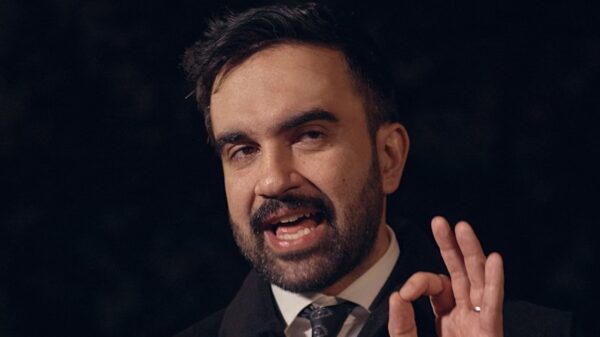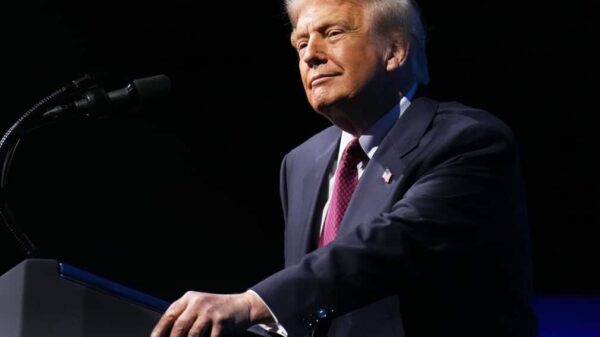UPDATE: In a startling revelation, Russian President Vladimir Putin and Chinese leader Xi Jinping were overheard discussing the concept of immortality during a military parade in Beijing. This private conversation occurred on September 3, 2023, at a ceremony commemorating the 80th anniversary of the end of World War II, attended by global leaders including North Korean leader Kim Jong-un.
The exchange, captured by cameras, revealed the two strongmen’s contemplations on biotechnology and human longevity. Putin’s interpreter was heard stating, “Biotechnology is continuously developing,” while Putin ominously suggested, “Human organs can be continuously transplanted. The longer you live, the younger you become, and [you can] even achieve immortality.” Xi responded, noting that some predict humans may live up to 150 years old in this century.
This conversation has significant implications, as it underscores the authoritarian leaders’ apparent quest for power beyond conventional limits. Putin later confirmed to reporters that he had indeed discussed future prospects for extending human life expectancy, reflecting their ambitions to stave off any plans for relinquishing control.
Meanwhile, Xi, who abolished presidential term limits in 2018, has positioned himself for indefinite rule. Putin has similarly maneuvered to extend his presidency, with a constitutional amendment approved via a national referendum in July 2020.
Kim Jong-un was present during this conversation, but it remains unclear if he was briefed on their remarks. The North Korean leader’s own plans for longevity appear to be centered on maintaining a family dynasty, with his teenage daughter making her debut in public at this event.
As Xi addressed a crowd of 50,000 spectators, he declared that China is “unstoppable” and “never intimidated by any bullies,” emphasizing his regime’s resilience and ambition.
The implications of this discussion on immortality and extended life raises urgent questions about the lengths that these leaders may go to in their pursuit of power. Observers are left to ponder the moral and ethical ramifications of such aspirations, not only for the leaders themselves but for the global community at large.
As we witness these developments, it is crucial to consider the human impact of such ideologies. A recent summit highlighted the importance of social connections in enhancing health and longevity, suggesting that relationships may contribute more to a fulfilling life than unchecked ambitions for power.
Stay tuned for more updates on this developing story, as the implications of these discussions could reshape international relations and the future of leadership in authoritarian regimes.


































































